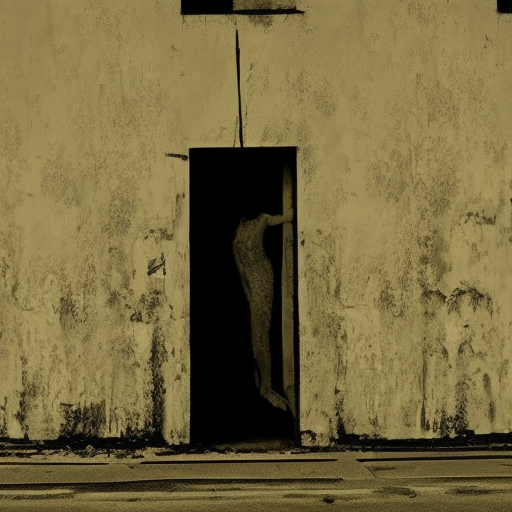Fight Club (1999) – A Mind-Bending Exploration of Identity and Consumerism
Main Cast and Crew:
- Director: David Fincher
- Writer: Jim Uhls (screenplay), Chuck Palahniuk (novel)
- Key Actors: Edward Norton as the Narrator, Brad Pitt as Tyler Durden, Helena Bonham Carter as Marla Singer
- Music Director: The Dust Brothers
- Director of Photography: Jeff Cronenweth
- Producers: Ross Grayson Bell, Art Linson, Cean Chaffin
Fight Club is a psychological thriller directed by David Fincher and based on the novel by Chuck Palahniuk. The film follows an unnamed narrator (Edward Norton), a disenchanted white-collar worker suffering from insomnia and a lack of purpose in his life. He attends support groups for various ailments, seeking solace in the pain and suffering of others. During a business trip, he meets Tyler Durden (Brad Pitt), a charismatic soap salesman, and they form an underground fight club as a way to release their pent-up frustration and aggression.
The plot takes a dark turn as the fight club evolves into an anarchistic movement called Project Mayhem, which seeks to dismantle the consumerist society they despise. As the narrator becomes increasingly entangled with Tyler and Project Mayhem, he grapples with his own identity, questioning what is real and what is a figment of his imagination.
Fight Club delves into themes of masculinity, identity, and the destructive nature of consumerism. The film critiques the emptiness of modern life and the pursuit of material possessions as a means of finding fulfillment. It explores the toxic effects of societal expectations and the desire to break free from the constraints of conformity.
Upon its release in 1999, Fight Club received mixed reviews from critics. While some praised its bold and thought-provoking narrative, others found it disturbing and excessively violent. Despite the initial reception, the film has gained a cult following over the years and is now regarded as a modern classic.
The performances in Fight Club are exceptional, with Edward Norton delivering a nuanced portrayal of a man grappling with his own sanity. Brad Pitt’s portrayal of Tyler Durden is charismatic and enigmatic, perfectly capturing the anarchistic spirit of the character. Helena Bonham Carter shines as Marla Singer, a troubled woman who becomes entangled in the narrator’s life.
The film’s visual style, courtesy of director of photography Jeff Cronenweth, is gritty and atmospheric, reflecting the dark and chaotic nature of the story. The editing by James Haygood is fast-paced and dynamic, adding to the frenetic energy of the fight scenes.
Fight Club has had a lasting impact on cinema, influencing subsequent films and popular culture. Its exploration of themes such as toxic masculinity and anti-consumerism continues to resonate with audiences. The film has been praised for its bold storytelling and its ability to provoke thought and discussion.
For potential viewers, Fight Club is a must-watch for those who appreciate thought-provoking and unconventional storytelling. It challenges societal norms and forces viewers to question their own values and beliefs. However, it is important to note that the film contains graphic violence and disturbing imagery, which may not be suitable for all audiences.
Memorable Quote:
“The first rule of Fight Club is: you do not talk about Fight Club.”












